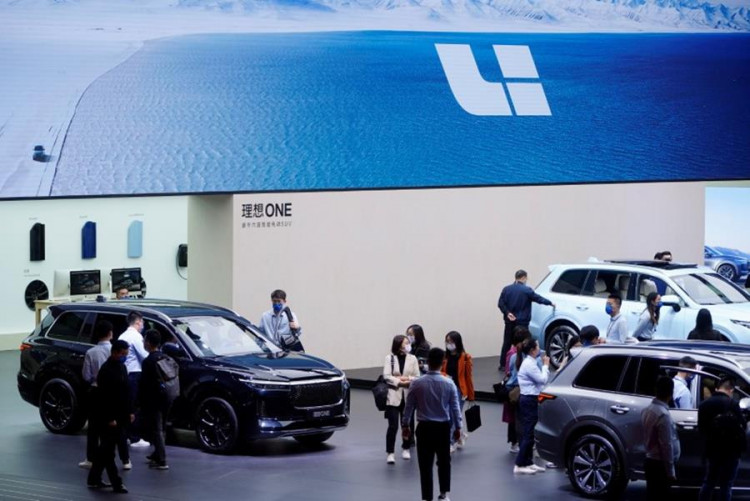Shares of electric vehicle manufacturer Li Auto made a weak market debut in Hong Kong Thursday after the Chinese company secured US$1.52 billion from a stock offering.
The EV maker's stock shed as much as 2.1% in early Thursday trading, and was recently trading 0.7% lower at HK$117.20. Li Auto had priced shares at HK$118.00 apiece.
Li Auto has followed top competitor Xpeng in raising funds in Hong Kong through a so-called Dual Primary Listing. DPL means the company will be subject to the policies and oversight of U.S. and Hong Kong market regulators.
The Beijing-headquartered EV builder, also listed on the Nasdaq, is considering using some of the initial public offering's proceeds to boost its research and development.
The company plans to pour money into batteries, charging stations, smart vehicles, and self-driving cars. Its American depositary shares (ADS) were up 1.1% to US$30.72 overnight in New York.
Li Auto's Hong Kong foray is the first major IPO of a Chinese company after mainland regulators imposed rigid new measures on industries ranging from online insurance and gaming, technology, and education.
Yanan Shen, Li Auto's president, said the company was internally discussing the possibility of issuing A-Shares in central China.
The plan comes as an estimated 500 electric car manufacturers are jockeying for position in the world's biggest vehicle market. A forecast by UBS shows three in every five new cars running on China's highways are seen to run on battery by 2030.
As part of its expansion, Li Auto is looking to establish a new assembly plant in Beijing to boost manufacturing capacity, in addition to opening more showrooms in shopping malls across China's major cities to generate more sales channels, Shen said.
Li Auto is currently selling one model on the market, a sport utility vehicle called "Li One." Li Auto's rivals -- Nio and Xpeng -- are both selling more cars to consumers.
Meanwhile, Li Auto said it is entertaining the possibility of setting up an offshore production facility - perhaps in Europe - to be its launch pad for the global market, as the company figures out a way to deal with China's highly-stacked EV space.






